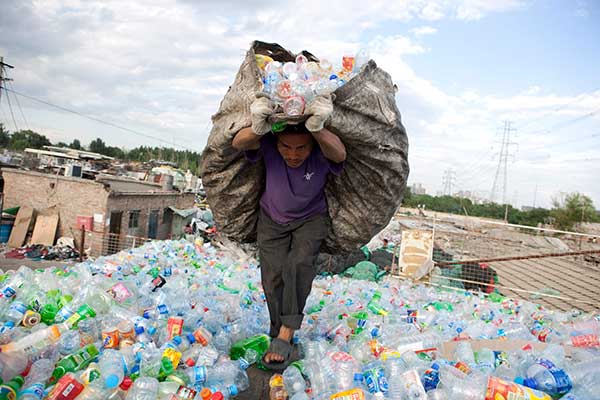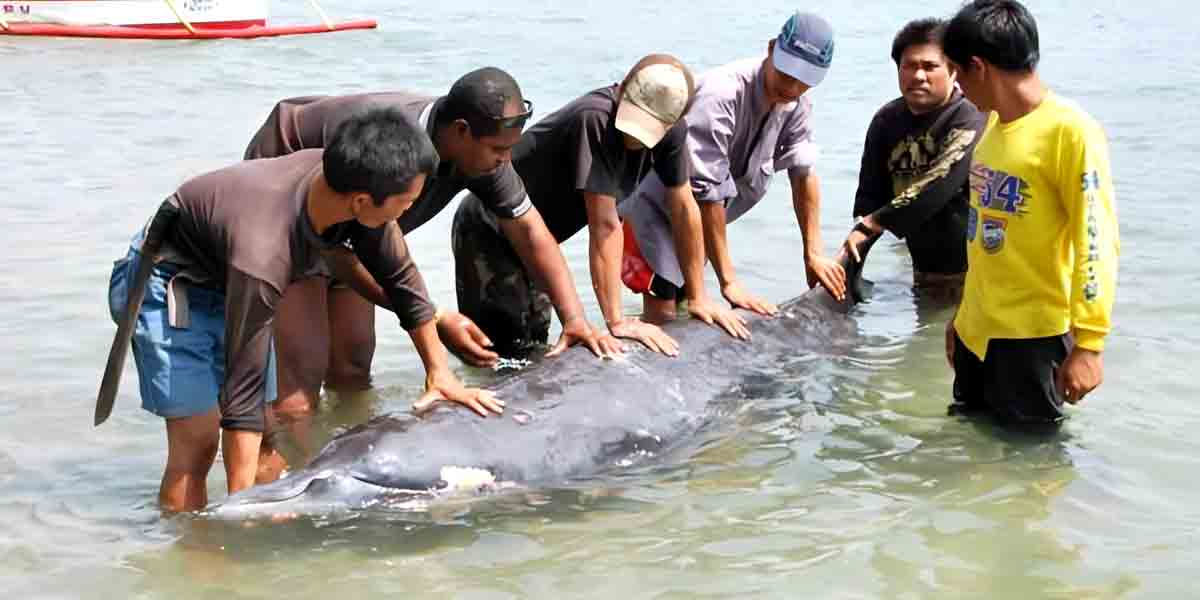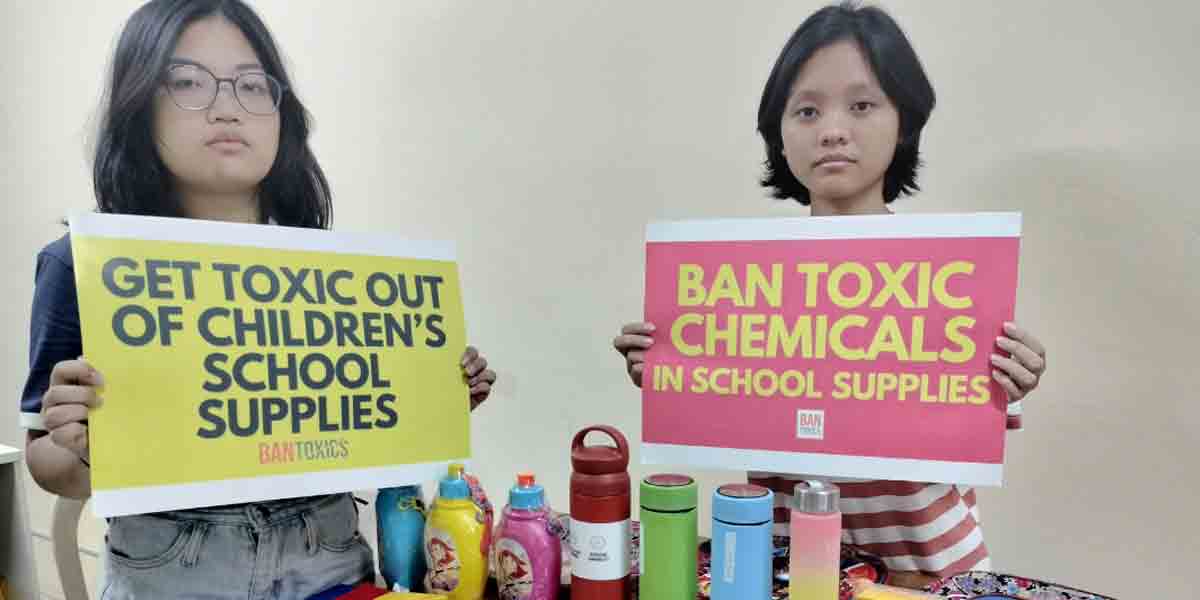
Environmental watchdog organization BAN Toxics announced their support for the resumed fifth United Nations Environment Assembly’s (UNEA 5.2) resolutions to address the chemicals and plastic waste crises.
Held in Nairobi, Kenya for 10 days, the resumed fifth UNEA adopted a resolution to end plastic pollution and form an international legally binding instrument by 2024.
The assembly’s decisions also included the creation of an international scientific panel on chemicals, wastes, and pollution prevention, and the renewal of the special program which provides financial support to developing countries to create programs to address sound chemicals and wastes management.
During UNEA 5.2, national leaders, environment ministers, and other representatives from 175 nations supported this historic agreement, which addresses the entire lifetime of plastic from source to sea.
This treaty was pushed due to plastic production and consumption increasing in recent decades, reaching 400 million tons per year, a figure expected to double by 2040.[1]
The global plastic production surged from 2 million tons in the 1950s to more than 438 million tons in 2017, a trend that is expected to continue.[2]
The plastic pollution crisis is one of the Philippines’ biggest waste challenges. In 2015, the country ranked third as the world’s greatest plastic waste producer, with 2.7 million tons of plastic waste produced each year.[3]
Despite the Philippines’ having one of the highest garbage collection rates among Southeast Asian countries, a 2018 study on waste management practices revealed the country’s problem with the proper disposal of garbage.[4]
Founded in 2006, BAN Toxics is a non-profit, non-governmental organization whose mandate is to promote sound chemicals and wastes management.
The organization was established to respond to urgent waste issues besetting the Philippines.
“The creation of the plastic treaty is a huge step in our fight against the plastic pollution crisis. This is an opportunity for the Philippine government to protect Filipinos from the fallout of plastic overproduction and overconsumption,” says Reynaldo San Juan Jr., executive director of BAN Toxics.
[1] UNEP – What you need to know about the plastic pollution resolution
[2] UNEP – Drowning in Plastics
[3] Philippines, Plastic Pollution Issues























